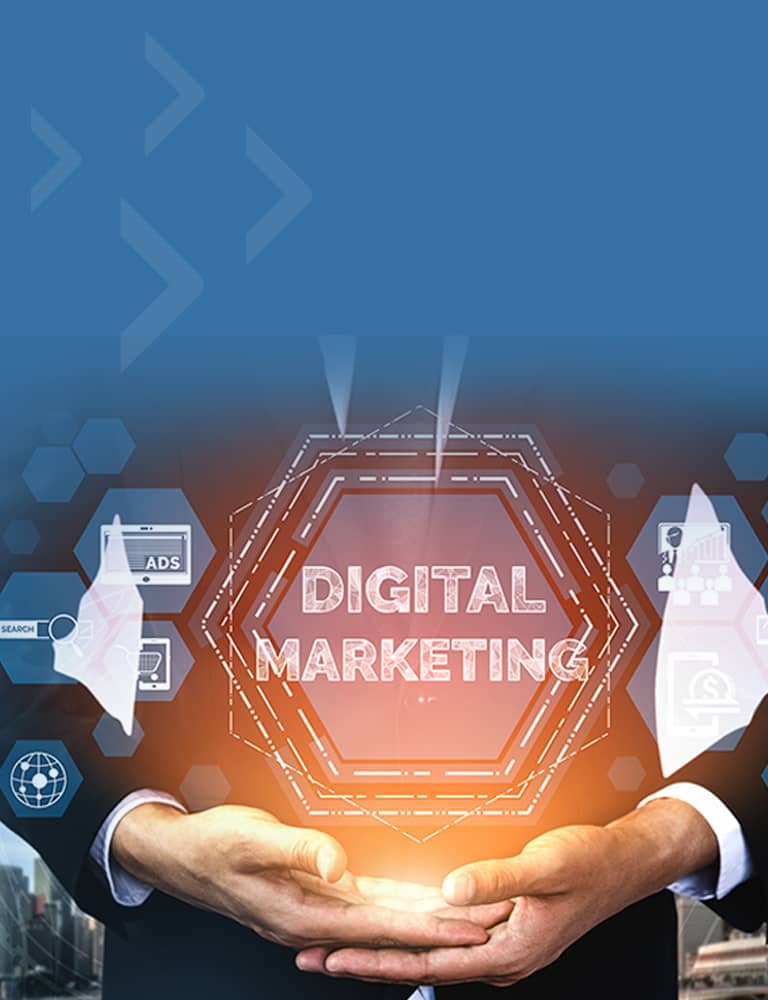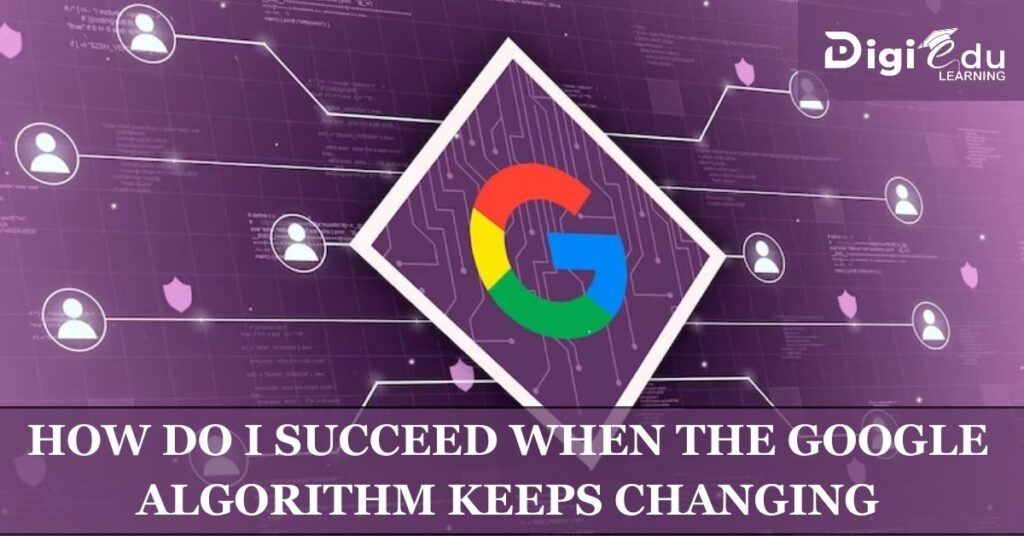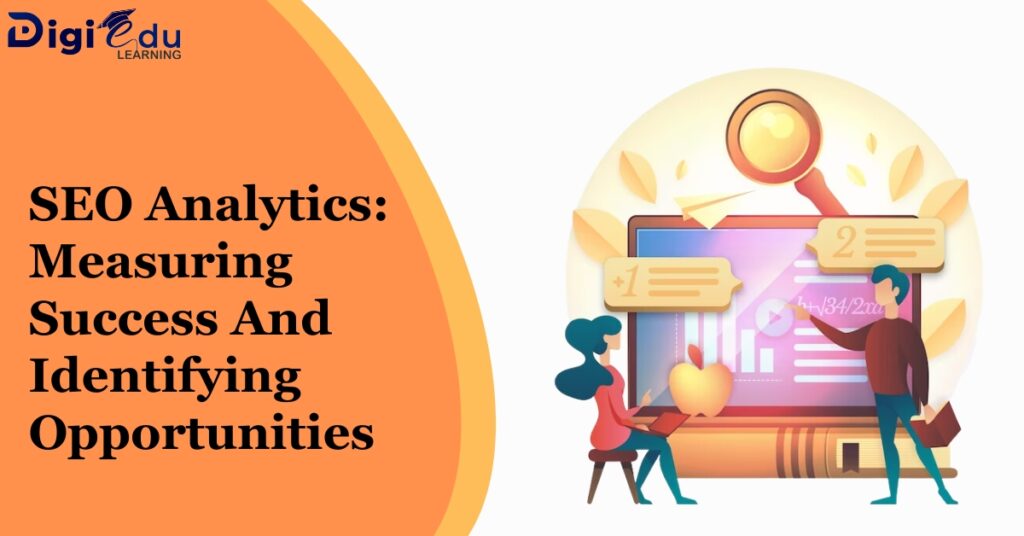What is machine learning? In this article, I’ll attempt to answer this question and explain how AI and machine learning are impacting digital marketing in 2023 and beyond, as well as what you can do to ensure that you remain relevant. Although we may not be fully ready to embrace it, the future of digital marketing will contain some degree of AI or machine learning. This article will look at the differences between artificial intelligence, machine learning, and natural language processing, explain how it works and why marketers should be worried about AI bots taking their jobs.
Machines Are Getting Smarter
AI is being used more extensively in the digital marketing space to generate insights from data that would take human marketers a long time to compile. This information is then used to drive actions like targeting ads, better-targeting products, predicting customer behavior, and more.
AI can be scary for marketers because it is changing the way we think about marketing strategies by automating tasks and processes that have been done manually for years.
However, AI should not scare marketers but should excite them because it will free up their time from mundane tasks so they can focus on high-level thinking. AI also gives us access to data that we never had before.
For example, when you’re running an ad campaign, AI can give you insight into what makes your customers click or convert. That’s how we determine things like keywords to target or image sizes. The challenge with AI is figuring out what types of systems work best for different industries and brands. For instance, one company may find that an AI-driven content strategy works well for them while another company may see better results using a manual approach instead of machine learning. So AI in digital marketing will continue to evolve as companies experiment with different tactics and strategies to optimize performance.
They Can Learn From Their Mistakes
AI is getting smarter. And because it can learn from its mistakes, the more data it processes, the smarter it becomes. AI in digital marketing takes a lot of what we used to do manually and automates those tasks. What does this mean for digital marketers? Well, first off AI could replace many of your current jobs. That’s scary enough. But there’s also the potential that AI will be better than you at performing certain tasks—and even at creative thinking! As AI continues to get smarter, there’s no telling what will happen next. So let’s hope these algorithms don’t decide they want to take over our world! AI has already been responsible for major shifts in social media and personalization trends among other things. It’s pretty cool, but it’s not without its consequences as AI changes how we think about content creation and distribution.
One thing’s clear: if I ever learn how to dream up new ways to serve people ads that have never been seen before, most likely digital marketers would be doomed!
They Can Handle Complex Tasks
AI in marketing is not new. It has been around for decades. The introduction of AI into digital marketing has accelerated the process by which marketers create personalized messages, optimize campaigns, and target audiences with the right content. It can handle complex tasks that humans would not be able to perform at a high level. The use of AI has taken a lot of the legwork out of many marketing tasks, reducing manual labor and simplifying how marketers deliver their messages to customers.
There are two ways AI impacts marketing today:
1) Through chatbots and other automated customer service applications
2) As an enhancement to more traditional data-driven practices like A/B testing.
Chatbots are designed to help marketers automate customer service interactions through instant messaging platforms. They provide the perfect example of how AI enhances traditional marketing practices: Chatbots provide another layer of support on top of human agents when handling questions or complaints from consumers or potential customers.
They Don’t Need Much Sleep
If you want to stay ahead of the competition, you can’t afford to take a break. You need to be working around the clock if you want any chance of survival in this market. But what happens when an algorithm can do your job without needing sleep? What happens when AI can create content that’s just as good or better than yours without ever getting bored or feeling burnt out? What about when it does all the work for you? What about when your customer service agent doesn’t need to rest anymore because it has a super-intelligent chatbot on standby ready to answer every question with lightning speed and accuracy?
I’m not saying we should stop here though! I’m advocating for one very important thing: keep fighting! Never let up, never get complacent, always try to be creative, and always try new things. Maybe even hire someone who knows how to use these technologies so they can help us find ways we might not have considered before. We’re going up against some tough opponents but we’re still alive!
They Can Work For Long Hours
A lot of people are scared of AI, but they shouldn’t be. While it’s true that artificial intelligence is capable of doing things that humans can’t, the opposite is also true. Machines can do things that we can’t, which means they’re better at certain tasks than we are. The problem with this idea is that when a machine gets smarter than humans at something, there’s no reason to think it’ll stop getting better and start getting dumber again. Machines don’t get tired or distracted as humans do – so once a machine starts working on something, you might as well say goodbye to your free time for the foreseeable future. And unlike human employees, machines don’t require salary, benefits, or vacation days. They never call in sick and they never retire. In other words, machines could replace all the workers in an office building full of digital marketers in a matter of weeks! So how can digital marketers protect themselves from the rise of AI? One way is by continuing to make yourself indispensable by developing skills that machines aren’t good at (yet). Skills like being able to create original ideas instead of just reacting to what other people are doing on social media. Another way would be by looking into data analysis and creating reports based on industry trends instead of waiting around for information to come to you first.
They Can Be Programmed To Be Persistent
Humans are programmed to be self-aware and therefore need a break. We can’t just keep going at the same pace all day. But machines don’t get tired or bored. They will continue to work until they have been told to stop. This means that they won’t take time off for lunch, or start thinking about going home after a long day of work – they’ll just keep on working, even when there’s nothing left to do. Don’t Forget, If you ask your digital marketing team member to find an example campaign and send it over by the end of the day, chances are they will remember what task you assigned them. But if you program a machine to find something for you, it will always go back to find what it was programmed to find no matter how many other things it finds in between. When this becomes more widespread, we’ll want our systems ready so that no one is lost in the noise.
They Can Make Decisions
AI is the new marketing assistant that can write content, create visuals, schedule posts, reply to comments, and determine your next move. With this added power comes a lot of responsibility. If you don’t train it properly, an algorithm can make decisions for you based on data from a different period of time that might not be relevant to your business. It’s critical to educate yourself about how AI works so you know how to use it most effectively for your business goals.
Conclusion
With the recent push for digital marketing to be automated, there are risks that new technologies such as Artificial Intelligence (AI) and machine learning may harm marketers. AI is already being used to create content, understand sentiment, detect fraudulence, and more. The potential for misuse of these technologies by marketers should be taken seriously. Companies need to be aware of their responsibilities when it comes to the ethical use of these new advancements to ensure that they do not cause irreparable damage.






